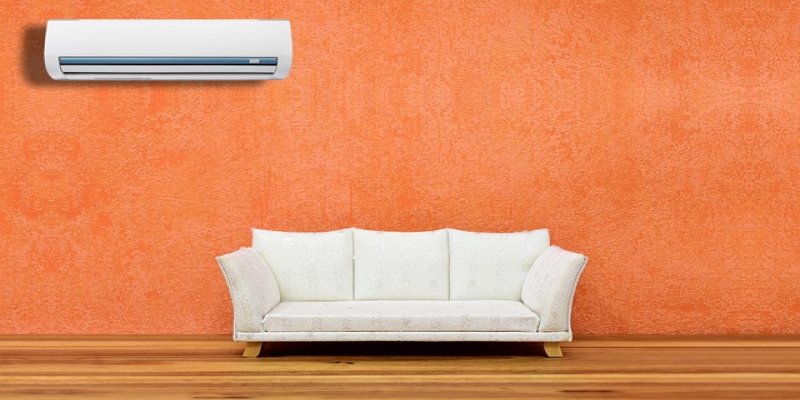Key Considerations When Purchasing a New Air Conditioner
- NYOOOZ Reporter
- Monday | 15th May, 2023

.
With scorching summers becoming the new normal in many parts of the world, owning an air conditioner has become essential for comfort and well-being. However, buying a new air conditioner can be a significant investment, and making an informed decision is crucial to ensure optimal cooling performance, energy efficiency, and long-term satisfaction. In this article, we will explore the key factors to keep in mind when purchasing a new AC, helping you choose the right one to meet your specific needs.
Cooling Capacity: The cooling capacity of an air conditioner is measured in British Thermal Units (BTUs). It is essential to determine the appropriate cooling capacity based on the size of the room or area you intend to cool. Undersized AC units will struggle to cool the space efficiently, while oversized units may cycle on and off frequently, resulting in higher energy consumption. Consulting with a professional or referring to a BTU calculator can help determine the suitable cooling capacity for your specific requirements.
Energy Efficiency: Energy efficiency is a crucial consideration, both for reducing environmental impact and minimizing long-term operational costs. Look for air conditioners with a high Seasonal Energy Efficiency Ratio (SEER) rating. Higher SEER ratings indicate more energy-efficient units. Energy Star-certified air conditioners meet strict efficiency standards and can provide substantial energy savings over their lifespan.
Type of Air Conditioner: Different types of air conditioners cater to different needs and installation requirements. The most common types include window AC units, split AC systems, portable AC units, and central air conditioning systems. Window AC units are suitable for single rooms, while split AC systems offer cooling for multiple rooms. Portable units are versatile and can be moved easily, while central AC systems are ideal for cooling entire homes or large spaces. Consider your specific cooling needs and available installation options before deciding on the type of air conditioner.
Features and Technology: Modern air conditioners come with various features and technologies that enhance comfort and convenience. Some important features to consider include programmable thermostats, sleep modes, adjustable fan speeds, air purifiers, dehumidifiers, and smart home integration. Assess which features are essential to you and ensure that the chosen AC model offers them.
Noise Levels: The noise produced by an air conditioner can significantly impact your comfort, especially if you plan to install it in a bedroom or a quiet space. Pay attention to the noise levels specified by the manufacturer, measured in decibels (dB). Look for air conditioners with low noise levels to ensure peaceful operation.
After-sales Service and Warranty: Before finalizing your purchase, research the reputation of the manufacturer and the availability of after-sales service and support. A reliable warranty ensures that you are protected in case of any defects or issues with the unit. Read customer reviews and consider brands known for their customer service to ensure a hassle-free ownership experience.
Conclusion:
Investing in a new air conditioner requires careful consideration to ensure optimal cooling performance, energy efficiency, and long-term satisfaction. By keeping in mind factors such as cooling capacity, energy efficiency, type of AC unit, features, noise levels, and after-sales service, you can make an informed decision that suits your specific needs. Take the time to research and compare different models and consult with professionals when necessary. Choosing the right air conditioner will not only provide a comfortable indoor environment but also contribute to energy conservation and cost savings in the long run.

If You Like This Story, Support NYOOOZ
Your support to NYOOOZ will help us to continue create and publish news for and from smaller cities, which also need equal voice as much as citizens living in bigger cities have through mainstream media organizations.











